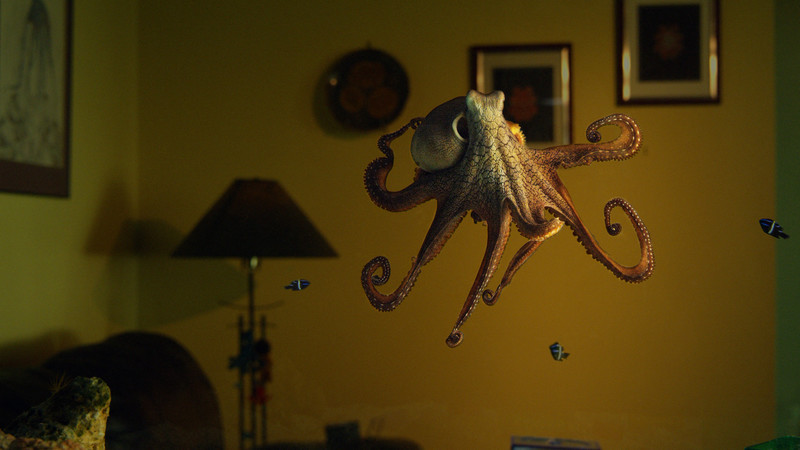The International Wildlife Film Festival returns for a 43rd year, adapting to our changing world and offering a virtual festival to an online, international audience.
Due to the generosity and cooperation of many filmmakers, production teams, and sponsors, the International Wildlife Film Festival is excited to offer more than 60 films from the 2020 IWFF festival slate digitally! A majority of the film selections will be free to stream the week of the festival, and a virtual pass can be purchased to access featured events including seven special online events – one for every day of the fest. Featured events will be accompanied by live Q&A events, extra video resources, discussions, and more. Digital passes are available on a sliding scale starting at $5 and all sales support the IWFF and its home, The Roxy Theater.

As an online festival, all IWFF selections and passholder content will be available to students and classrooms. Educators are encouraged to visit the website and research films to use in their lesson plans. Many films are paired with educational activities, resources, articles and extras that will be available on the IWFF website beginning April 18. Specific recommendations for films appropriate for younger learners will be included. Educators with curriculum or accessibility questions may contact IWFF Education Coordinator Brit Garner at education@wildlifefilms.org.
IWFF’s featured events for passholders offer greater depth into the featured films and subject matter as well as opportunities for collective viewing. On April 20th, take a look into all things mushrooms with viewings of Mushroom Hunters and The Kingdom and a visit from the Untamed Science team. There will be a selection of shorts celebrating the 50th anniversary of Earth Day on April 22nd, as well as a live Q&A with director Tom Mustill whose film #NatureNow focuses on Greta Thunberg and her powerful vision for our future. The co-creator of Takaya: Lone Wolf, Cheryl Alexander will give updates and extras after the film about a lone wolf living on an island near Vancouver on April 23. On April 24th, the festival closes with a look into the national fascination with tiger conservation with a screening of Sundance selection Tigerland and a talk from PhD candidate and Wild Tiger Executive Director Sarika Khanwilkar on the state of captive tigers in the world today.
The free-to-everyone streaming shorts and films include a wide variety of topics that explore great heights: climb into a golden eagle nest with ecologist Caitlin Davis, learn how the Quinault Nation is protecting blueback salmon, and play matchmaker for two skywalker gibbons! Watch The Smithsonian’s America’s Prairie Reserve shorts tracking restoration efforts or National Geographic’s series of shorts depicting researchers demonstrating the scientific method in action. Max Lowe’s Bare Existence encourages viewers to track the fate of polar bears in the Arctic, and The Oregon Zoo’s Gajah Borneo follows the challenges of Borneo pygmy elephants in stop-motion. For the entire festival week, virtual filmgoers can enjoy films on wildfire’s impact on wildlife, the realities of pangolin trafficking, the endangered helmeted hornbill, wolverines and much, much more.
Founded in 1977 at the University of Montana, IWFF is the first and longest-running event of its kind. In these fast-changing times, the IWFF staff is thrilled to be able to offer the festival to audiences all over the world and hopes to spark joy and engagement with our natural world. The vision of the IWFF will always be to champion wildlife filmmakers, challenge conventional expectations about conserving wildlife and habitat, and to foster an engaged, enlightened community that finds itself through cinema, and helps the planet to heal. For full event listings and times visit wildlifefilms.org.